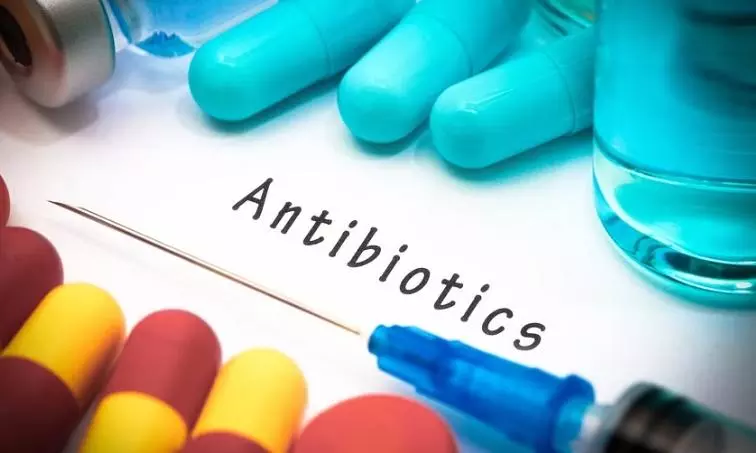
40 million people will lose their lives to superbugs by 2050: report
text_fieldsLondon: A former chief medical officer for England said that this year the world would see a growing antibiotic emergency causing ‘devastating impacts on men, women and children’, The Guardian reported.
Dame Sally Davies, who is a leading advocate for global action to fighting superbugs, told Observer that the spread of bacteria with antimicrobial resistance (AMR) will pose life threatening risks even in routine procedures from surgery to childbirth.
Davies said that the situation is ‘really scary’ because every year about a million people die from microbial resistance, adding that the ‘figure will rise over the next 25 years’.
It is reported citing estimates that the death rates from AMRs will double by 2050 with 40 million people losing their lives to superbugs, leaving elderly people particularly at risk.
‘Recent data shows AMR is going down in the under-fives, which is good news. For the over-70s, mortality rates have gone up 80% since 1990; that is very concerning,’ she was quoted as saying.
Researchers have pointed out that aging population with chronic disease are more vulnerable to AMR.
In a welcome move, doctors are now limiting prescriptions of antibiotics while insisting patients to complete courses of treatments.
Though AMR is not spreading only through the medical misuse of antibiotics, the problems comes from about 70% of all antibiotics being given to livestock.
‘We’re essentially throwing antibiotics at cows and chickens and sheep as cheap alternatives to giving them growth promoters or prophylactics to prevent the spread of disease,’ Davies was quoted as saying.
This trend could help microbes to evolve gaining ability to resist antibiotics which in turn spreads across the globe.
Davies pointed out that antibiotics used in intensive farming or busy hospitals with poor sewage system cause resistant bacteria to get into waterways.
Adding further Davies said: ‘Winds blow over these patches of contaminated land or water and pick up bacteria and genes with resistance in them, then let them rain down in other places. That is how pernicious this problem has become.’
Explaining how microbial resistance takes places she said that it takes just about 20 minutes for bacteria to multiply and they ‘mutate a great deal’.
When this happens in the presence of antibiotics with mutation protecting them, these strains will multiply, she said adding that ‘Crucially they can pass that on to any bacteria with which they make contact’.

















